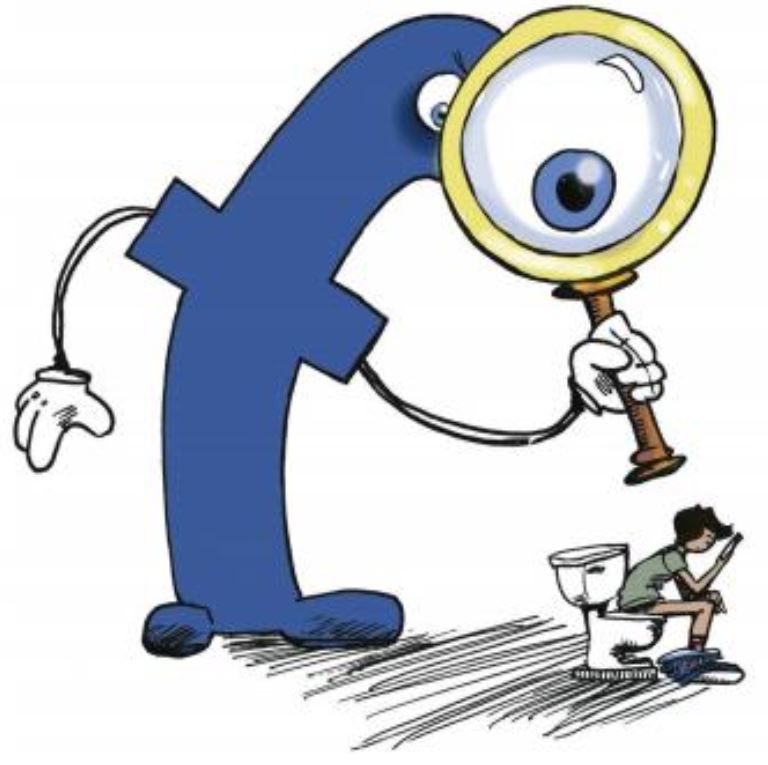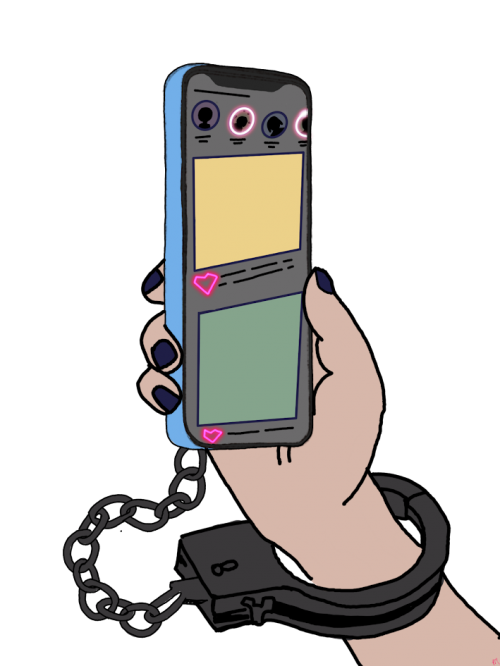Facebook users recently faced a large invasion of privacy, as approximately 87 million users’ information was stolen and sold by a company called Cambridge Analytica. Personal information such as names, phone numbers and email addresses was taken from a multitude of users, then sold on the “dark web,” a portal for criminal behavior known for the selling of information taken from data breaches.
Users of many social media platforms have been quick to privatize their accounts after the outbreak of this news. Many have taken to their settings to see exactly what information is being shared.
After messing around with his Facebook settings, freshman Max Peters found out that he had been sharing his information with an app that he hadn’t used in months. “It was crazy to realize just how many companies have full access to my personal information. I’m going to be sure to be more careful with who I allow to access my social media accounts,” Peters said.
The stealing and selling of personal information from Facebook has caused students to be wary of what they share on the Internet. While many do not use Facebook as their main social media app, they have taken this scenario as a lesson to be careful on other social media platforms.
Freshman Holden Forbes said that he would “recommend actively treating personal information as the most important thing to you online.” Following in Peters’ footsteps, he also made a vow to be more private with what information he shares on the Internet.
“The beauty of the Internet is that your private information, unless given out freely, gives you a sense of freedom. In no way should privatizing your information inhibit you from expressing yourself, but a measure of caution should be used,” Forbes said.
Mark Zuckerberg, CEO and founder of Facebook, was called upon by Congress to attend two hearings about the invasion of privacy and potential election meddling. This breach was in violation of a 2011 privacy agreement with the Federal Trade Commission, which was set to last for 20 years. However, Zuckerberg claimed to not know the full details of the FTC agreement he signed.The agreement came about after a previous disregard of user’s privacy by Facebook, as the company told users that their information was to be kept private, but continuously allowed for the information to be made public.
According to this agreement, as posted on the FTC’s official website, Facebook was “required to establish and maintain a comprehensive privacy program designed to address privacy risks associated with the development and management of new and existing products and services, and to protect the privacy and confidentiality of consumers’ information.”
Zuckerberg claimed to have failed to bring the privacy invasion by Cambridge Analytica to the attention of the FTC because he had “considered it a closed case.” However, the FTC is still investigating to see if this breach violates the terms of the agreement that Zuckerberg previously agreed to. If further investigation shows that Facebook has violated the decree, the company could face charges of $40,000 a day since the day the agreement was signed, Nov. 29, 2011, a total that is nearing $1 billion.
This invasion of privacy was not detected by Facebook’s April 2017 privacy audit, conducted by PricewaterhouseCoopers. Pricewaterhouse Coopers reported Facebook’s privacy settings to be “operating with sufficient effectiveness.” The company continued by claiming that the “performed test procedures to assess the effectiveness of the Facebook privacy controls implemented to meet or exceed the protections required by [the FTC agreement].”
While no harm came to Zuckerberg during the Congressional hearings, Congress is still working to protect users’ private information on the Internet. An example of this is the creation of the Honest Ads Act, an attempt to provide more transparency when it comes to political advertisements online.
Data was able to be taken through the use of Facebook’s now retired search tools, a feature that could have been blocked by users, though many were not aware of this privacy setting. The default setting, which was widely applied to most profiles, allowed the search tool to access user’s profile information, including their friends list. Facebook discontinued this service after they gained knowledge of the breach.
The company behind the information breach, Cambridge Analytica, was the same company hired by the Trump administration during the time of the election. This is leaving Facebook users to wonder if their information was used to manipulate voters, as some believe the information was used to build psychological profiles of the 2016 voters during the campaign.
Allaina Boggs
arboggs@vwu.edu


